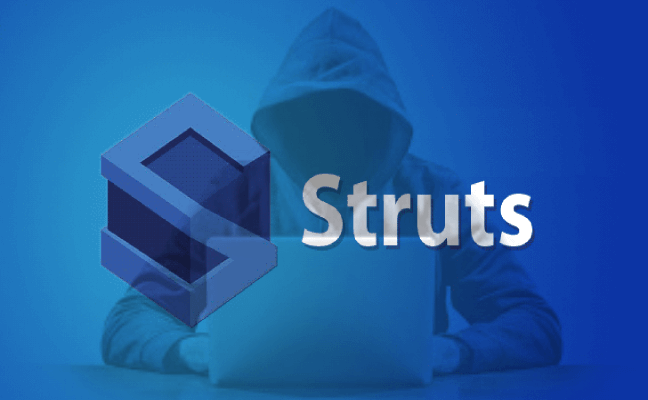Struts Course Content
Introduction
- Enterprise
- Enterprise Application
- System logical layers
- Presentation layer
- Business processing layer
- Data Storage and access layer
- System Architecture
- 1-tier Architecture
- 2-tier Architecture
- n-tier Architecture
- Types of EnterpriseApplications
- Web Applications
- Distribute Applications
- WebApplication Models
- Model1-Architecture
- Model2-Architecture
- MVC Architecture& its Rules & Regulations
- FrameWork
- Web Framework
- Application Framework
- Struts Framework History
Struts Flow of Execution
Struts Elements
- View
- ActionServlet
- RequestProcessor
- FormBean(ActionForm)
- Action class
- web.xml
- Struts Configuration File
Struts Tag Library
- Html Tag library
- Bean Tag library
- Logic Tag library
- Nested Tag library
- Tiles Tag library
DynaActionForm & LazyDynaBean
Local Forwards & Global Forwards
Validations
- Client Side Validations
- Programmatic Approach
- Declarative Approach (Validator Framework)
- Server Side Validations
- Programmatic Approach
- Declarative Approach (Validator Framework)
Internationalization(I18N)
- I18N at Core level
- NumberFormat
- DateFormat
- ResourceBundle
- I18N at Weblevel(Server & Jsp)
- JSTL format tags
- I18N in Struts
Exception Handling in Struts
- Programmatic Approach
- Declarative Approach
- Custom Exceptions in Struts
- Customization on ExceptionHandler
Tiles Frame work
Built-in Actions in Struts
- IncludeAction
- ForwardAction
- LocaleAction
- DispatchAction
- LookupDispatchAction
- MappingDispatchAction
- EventDispatchAction
- SwitchAction
Struts 2.x
- Diff b/w Struts 1.x and Struts 2.x
- Struts 2.x Flow of Execution
- Struts 2.X Elements
- Steps to design Struts Appl. In 2.x version
- Struts 2.x Tag library
- Struts 2.x Application with Annotation
- Struts 2.x Validations
Benefits of Struts Training
- 1. Complete code explanation and implementation
- 2. Course Starts from installation of technology to deployment of product
- 3. Trainers from Industry with good hand on experience
- 4. You can develop your own programs after understanding the basics with our experienced Faculties
- 5. Weekdays, fast track and weekend Batches
- 6. Certificate after Successful completion of Training
- 7. Online and Offline material support for better learning
- 8. Software and Installation support will be provided
- 9. Regular Machine Test for better understandings
- 10. Free Live Project Support to all participants
- 11. Industry Exposure via Live Troubleshooting
- 12. Guaranteed placement to meritorious students
Required Software/ Platforms for struts Training
- 1. Eclipse or Netbeans and above
- 2. Struts Netbeans IDE
- 3. Oracle 11i or Microsoft SQL Server 2008
- 4. Server: GlassFish, Tomcat
